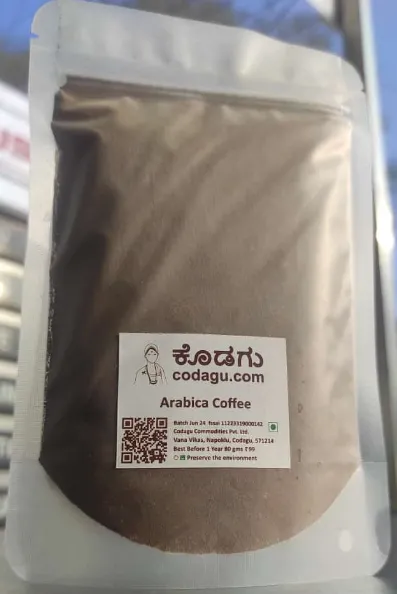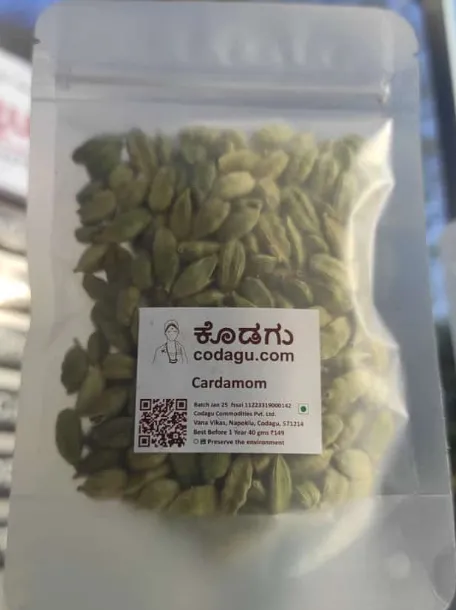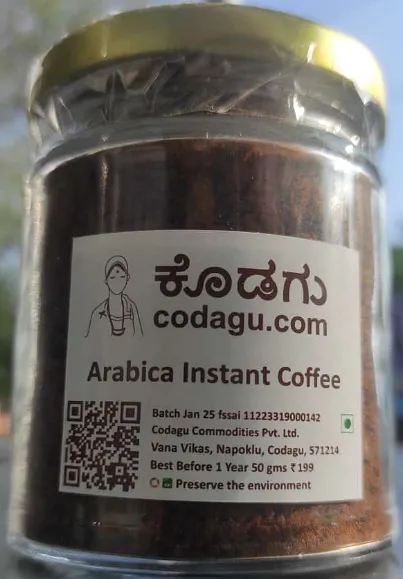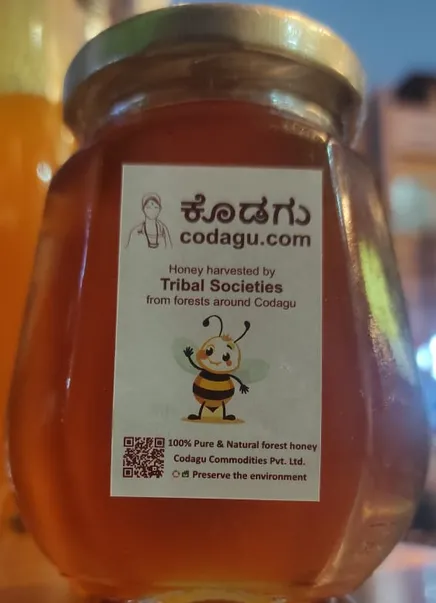Naming Ceremony
Details about the Namakarana ceremony of the Kodavas:
Significance: The Namakarana ceremony is considered to be one of the most important rituals in the Kodava community, as it marks the formal naming of the child and their acceptance into the community. The ceremony is considered to be an opportunity for the family to seek the blessings of the gods and to ensure a bright future for the child.
Timing: The Namakarana ceremony typically takes place within the first few weeks of the child's birth. The exact timing may vary, but it is generally performed as soon as possible after the birth.
Invitation of the Astrologer: Before the ceremony, the parents of the child consult an astrologer to determine an auspicious time and date for the ceremony. The astrologer takes into account the child's birth chart and the position of the stars and planets and recommends the best time for the ceremony.
Puja Room Preparation: The puja room is decorated with flowers and other offerings, and a special area is set aside for the ceremony. A fire is lit in the center of the room, and offerings are placed around it. The parents and guests sit in front of the fire, facing the gods.
The Priest: A priest or pandit is usually invited to perform the puja and to lead the prayers. The priest invokes the gods and offers prayers and offerings on behalf of the child and the family.
Chanting of Mantras: During the ceremony, mantras and hymns are recited by the priest and the family members. These mantras are meant to seek the blessings of the gods and to ensure a bright future for the child.
Naming the Child: After the puja is complete, the child is officially named. The name is whispered into the child's ear by the father or a close relative, and the child is then acknowledged as a member of the community.
Feeding the Guests: After the naming of the child, the guests and family members are served a traditional meal as a sign of hospitality and gratitude. The meal typically includes a variety of vegetarian dishes, along with sweets and fruit.
Gifts and Blessings: The guests and family members offer gifts and blessings to the child and the parents. These gifts may include money, jewelry, or other items, and are meant to symbolize good luck and prosperity for the child.
Celebrations: After the ceremony, the family and guests celebrate with music, dancing, and games. The celebrations may last for several days and are meant to mark the occasion and to offer support and congratulations to the parents and child.














